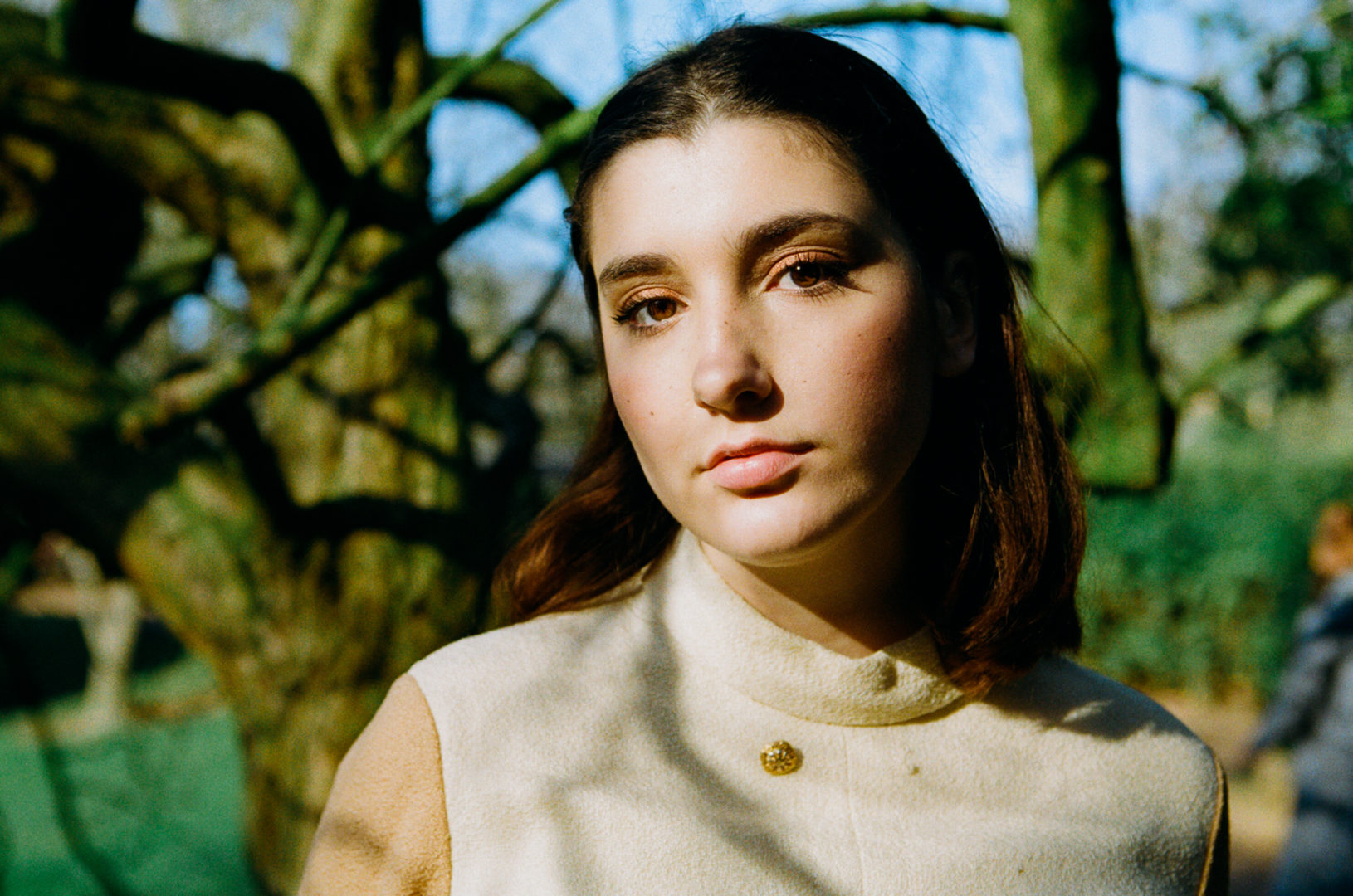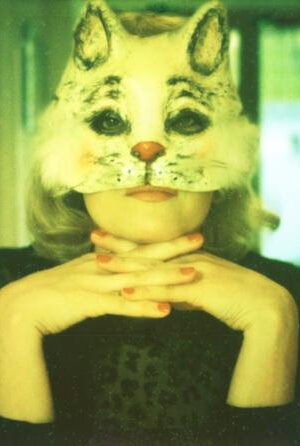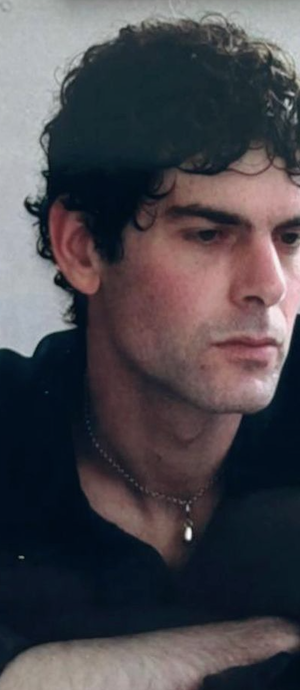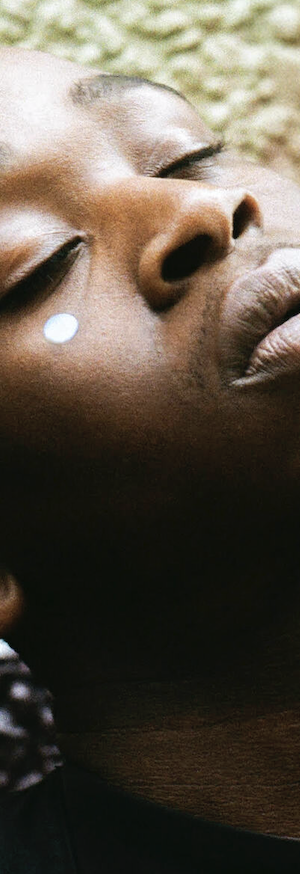TMR TALKS TO...
EVE OWEN
In this interview feature, we get to know the most radicalist up and coming stars on the planet.
This time we’re chatting with Eve Owen, an artist with an impressive ability to combine experimentation with raw songwriting.
Her debut album, Don’t Let The Ink Dry, was released on May 8th and has found her many new fans already. Centred on a combination of sonic experimentation and emotive songwriting, Owen’s songwriting and arranging talents shine through in every track. At the core of each track is Owen’s distinctive voice and vulnerable lyrical style, pushed forward by the excellent production (and multi-instrumental performances throughout the release) of The National’s Aaron Dessner. Owen was due to head out on tour with the band this summer, but given the circumstances, those shows won’t be going ahead. Give her debut album a spin while you wait for your chance to check out her live show.
Below we chat Eve Owen about the release of the album and glean an insight into the process behind making it.
TMR: Before the album was released, which track from Don’t Let The Ink Dry were you most excited for your audience to hear?
‘29 Daisy Sweetheart’, I think. This is the song on the album that talks most openly about death. Other songs are about death but in more hidden ways while 29 Daisy is like a person’s first take on death. There is confusion and it feels more open wounded than the other songs. It’s my version of a strange kind of prayer: a funeral song basically. It has the loose form of a mourning person: someone who doesn’t totally understand what has happened but who is trying to extract some sense from what was a senseless act. I have only performed this song live once with the production.
TMR: Where does the experimental flair throughout the album come from?
From the very start of the process, there was an idea about distorting sound and finding a weirder beauty. It was kind of a dream come true that I was making what was going to be my first album and on top of all that excitement, I had the joy of not being too precious or being too tame when we were translating the songs. When you are around someone like Aaron (Dessner from The National), there’s an atmosphere of just giving things a go. Sometimes you knew an idea might flop but these moments were also sometimes the best parts of the day and I could try a harmony that I hadn’t worked out yet. Sometimes there would be a surprising fit with the song and it might end up being one of my favourite parts and that was such a cool feeling. I didn’t want to leave Hudson knowing I hadn’t tried everything.
TMR: ‘Mother’ was the final advance single from the album; what made you juxtapose the raw guitars with bouncy electronic beats?
Aaron’s idea. Funny because live acoustic this song is so different. After recording Mother with Aaron, when I was singing live I tried so hard to do the massive crescendo towards the end Woo. After a long time, I realised no one had heard the recording yet so wouldn’t even recognise the crescendo. It definitely wasn’t as rock and roll in my head.
TMR: Most of the album is guitar-centred. What drew you towards the piano for ‘She Says’?
I wrote She Says on the piano and I think as with all the other acoustic tracks on the record, we kept the original instrument as the core with the voice. Aaron’s piano is amazing and it sounded so delicate in the studio which matched well with the lyrics.
TMR: How did you create those ethereal textures on ’29 Daisy Sweetheart’?
I’ve always loved spacious momentous songs that are concerned more with the atmosphere they create than anything else. I have a friend Ana who says it reminds her of Sufjan Stevens ‘Fourth of July’ which means a lot to me because I was consciously trying to create something as mournful and beautiful as that song.
TMR: What impacted your choice of track-list? Was there a reason ‘Tudor’ comes first and ‘A Lone Swan’ comes last, for example?
Tudor, for me, definitely describes the framework of the album and introduces the songs that follow after. It is a feverish dream of dark tales in a dystopian land that we can use to talk about our world. I think we wanted to end the album on a more content tone so Lone Swan is a sad but not self pitying recalling of events.
TMR: What did Aaron Dessner’s production bring to the album?
Aaron’s producing is always incredible to me because when he adds to a song he makes it more itself. I find it confusing to comprehend that adding instruments, different styles, even different melodies can help emphasise the different shapes you want in a song. He has the incredible talent of hearing a song once or twice and understanding the meaning and reasons behind the song straight away. So when he works on a song he can dive into different ballparks but always in the same field that was intended when the song was written.
TMR: There is a wide range of sound on the album; if you had to narrow it down to three, who are your biggest influences?
The National, Taylor Swift, Joan Baez.
TMR: Speaking of the range of sounds, you don’t stick to one specific genre. Have you ever considered working with genres that are completely alien to you?
I’d love to try out different genres. I think each genre has some sort of dictionary so that when you try things out, you have to translate and digest that dictionary, learn about it and see what happens when you mix your more natural style with the genre you’re trying out. I’m excited I’m writing some stuff at the moment which is from a very different world to this record’s songs.
TMR: Do you already have ideas in mind for your next release?
Yes I’m excited because I feel with this first album my engine is powered up and it’s inspired me that people are understanding me through the songs and relating to them and making them their own. The fact that people are listening is strange but exciting because I have a lot I want to say.
By Dan Peeke
Photo credit: Chris Almeida




